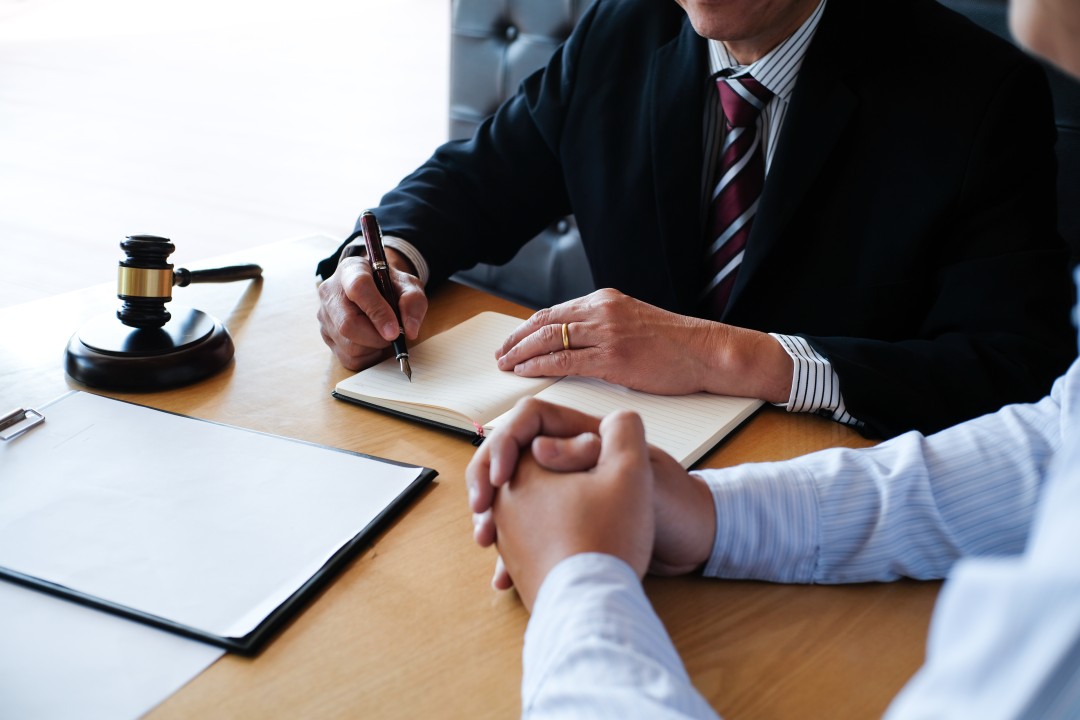When you find yourself in need of legal representation, whether for a personal injury case, bankruptcy, or any other matter, your first meeting with a lawyer is a crucial step. Understanding what to expect can ease any apprehensions and help you make the most of this important initial consultation. Here’s a detailed guide to what typically happens during your first meeting with a lawyer.
Preparing for Your First Meeting
Before you step into the lawyer’s office, a bit of preparation can go a long way. Gather all relevant documents related to your case. For instance, if you’re seeking assistance with a personal injury claim, bring medical records, accident reports, and any correspondence with insurance companies. If your case involves bankruptcy, have financial statements, debt records, and income details ready. This information will provide the lawyer with a comprehensive view of your situation.
Additionally, prepare a list of questions you want to ask. This could include queries about the lawyer’s experience with similar cases, their approach to your case, and their fee structure. Being organized and informed will help you make the most out of your consultation.
The Initial Consultation
Meeting the Lawyer
When you arrive at the lawyer’s office, the first impression is important. The lawyer will likely start by introducing themselves and explaining their role in your case. This is a good time for you to assess their demeanor and communication style. A professional yet approachable lawyer can make the process smoother and less intimidating.
Discussing Your Case
The core of the meeting will involve discussing your case in detail. The lawyer will ask questions to understand the specifics of your situation. Be honest and thorough in your responses. The more accurate information you provide, the better the lawyer can advise you and strategize accordingly.
During this discussion, the lawyer will outline the potential legal strategies and options available to you. They will also explain the legal process, including what you can expect in terms of timelines and possible outcomes. This is your opportunity to gauge their expertise and determine if their approach aligns with your expectations.
Understanding Legal Fees
One of the key aspects to address during your first meeting is the lawyer’s fee structure. Lawyers often charge in different ways, such as hourly rates, flat fees, or contingency fees. A contingency fee means the lawyer only gets paid if you win the case. Make sure you fully understand how fees will be calculated and any additional costs that might arise during the legal process.
It’s also important to clarify payment terms and what is included in the fee. For instance, some lawyers may cover certain expenses, such as filing fees or expert witness costs, while others may charge these separately. Having a clear understanding of the financial aspects will help you avoid surprises later on.
Also, read more Cherie Delive.
Evaluating the Lawyer’s Fit
Experience and Expertise
Assessing the lawyer’s experience and expertise is crucial. Inquire about their experience with cases similar to yours. For instance, if you are seeking representation for a personal injury case, it is beneficial to choose a lawyer who has a proven track record in handling such cases successfully. You can ask about their success rate, the types of cases they’ve handled, and their familiarity with local laws and regulations.
Communication and Rapport
Effective communication is a cornerstone of a successful attorney-client relationship. Pay attention to how the lawyer communicates with you during the meeting. Are they clear and articulate? Do they listen attentively and answer your questions satisfactorily? A lawyer who communicates well and makes you feel comfortable can make the legal process more manageable.
Comfort Level
Finally, assess your overall comfort level with the lawyer. Trust your instincts. If you feel confident in their abilities and comfortable with their approach, it’s a positive sign. On the other hand, if you have reservations or feel uneasy, it may be worth considering other options. Your lawyer should be someone you feel confident will advocate effectively on your behalf.
Next Steps
After your initial meeting, the lawyer will typically provide a summary of the discussion and outline the next steps. This may include drafting a formal agreement to represent you, gathering additional information, or preparing for any preliminary legal actions. Make sure you understand and agree with the proposed next steps before proceeding.
If you’re looking for specialized legal representation, you might consider consulting with experienced lawyers in Wilkes Barre Pa. They can provide expert advice and guidance tailored to your specific needs.
Conclusion
Your first meeting with a lawyer is a pivotal moment in addressing your legal needs. By preparing thoroughly, understanding what to expect, and evaluating the lawyer’s fit for your case, you can navigate this process with confidence. Remember that the goal of this initial consultation is not only to present your case but also to determine if the lawyer is the right fit for you. Effective legal representation starts with a strong foundation, so take the time to make an informed decision.
By following these guidelines, you can ensure that your first meeting with a lawyer sets the stage for a successful legal journey.





